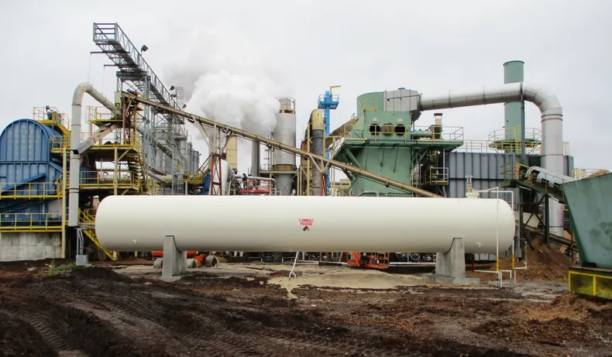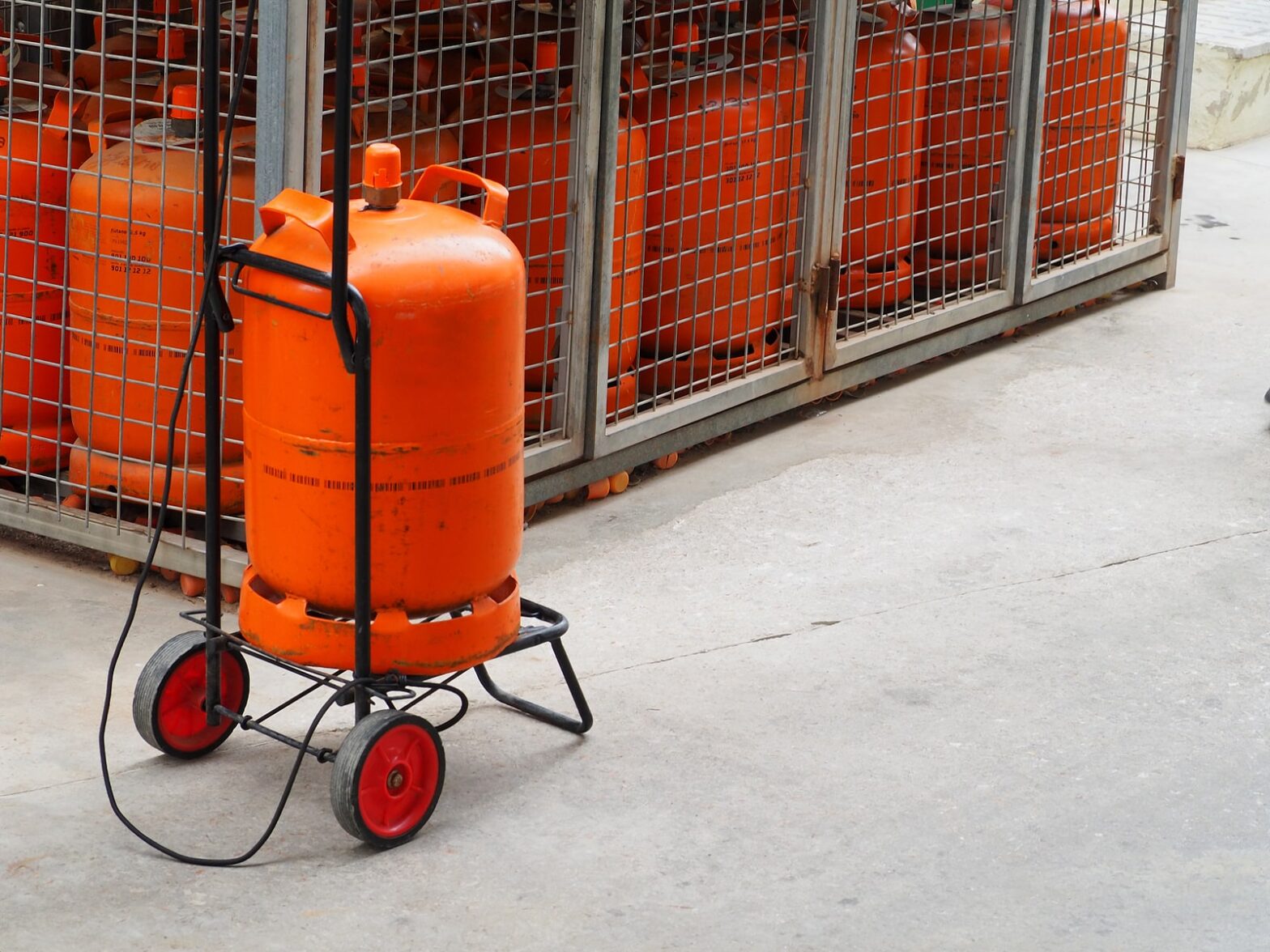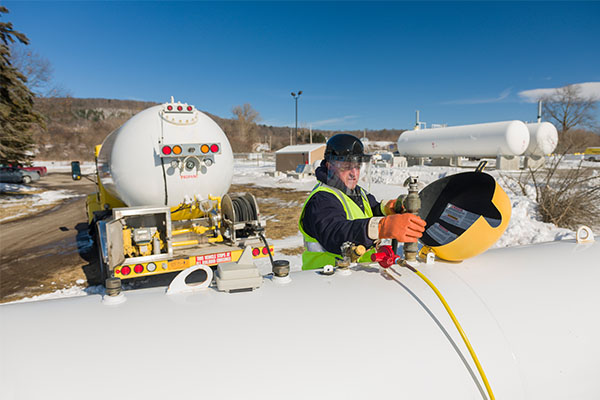The Surge of Renewable Propane in Transportation

In the foreseeable future, a transformation is underway where vehicles on our highways will be powered by a mix of animal fat and forest residue, and industries worldwide are committing to increasing their use of renewable fuels made from bio-based and synthetic materials. This shift is not only a response to the urgent need to reduce carbon emissions but is also influenced by global goals aiming for renewable fuels to constitute 10% or more of total fuel consumption by the end of the decade.
The aftermath of underinvestment in traditional oil during the COVID-19 pandemic, combined with geopolitical events, has set the stage for increased demand for renewable fuels, potentially leading to higher prices for fossil-based fuels that could persist for several years. This demand for renewable fuels could propel the industry’s cumulative global profit pool, the total worldwide profits from each stage of the value chain, into the range of $100 billion to $160 billion annually in the coming decade.
However, for this growth to materialize, the industry must address several significant challenges. These challenges include limitations in existing renewable-fuel feedstock sources, economic considerations favoring the refining of some renewable fuels over others, and regional variations in the cost of new fuel types.
The Drive for Renewable Fuels
Various industries are under increasing pressure from stakeholders to decarbonize, with the portion of global emissions from specific sectors expected to rise substantially if no corrective actions are taken. In response to these pressures, renewable fuels are emerging as a solution with the potential to reduce carbon intensity and contribute to a more sustainable future.
Renewable propane is gaining traction as a viable alternative in the transportation sector. As countries and industries commit to ambitious goals, the use of renewable fuels is expected to increase significantly, ushering in a new era of cleaner, greener transportation.
The Environmental Imperative
The imperative for sustainable practices is pressing, with the transportation sector being a significant contributor to global carbon emissions. Without corrective action, the environmental impact could be substantial, necessitating a transition to cleaner alternatives.
Renewable propane stands out as an attractive option due to its lower carbon intensity. For instance, renewable propane derived from various bio-based and synthetic sources has a significantly lower carbon intensity compared to traditional fossil-based fuels. This reduction in carbon intensity aligns with global efforts to mitigate the impact of transportation on climate change.
Collaborative Solutions
The shift to renewable propane in transportation requires collaborative efforts from all stakeholders. Producers, feedstock suppliers, transportation entities, and policymakers must come together to address challenges and create an environment conducive to the growth of renewable fuels.
As industries navigate challenges and collaborate on a global scale, the vision of cleaner, greener transportation is not merely a possibility but an imminent reality. The transition to renewable propane signifies a commitment to reducing carbon emissions and fostering a more sustainable approach to transportation.






















